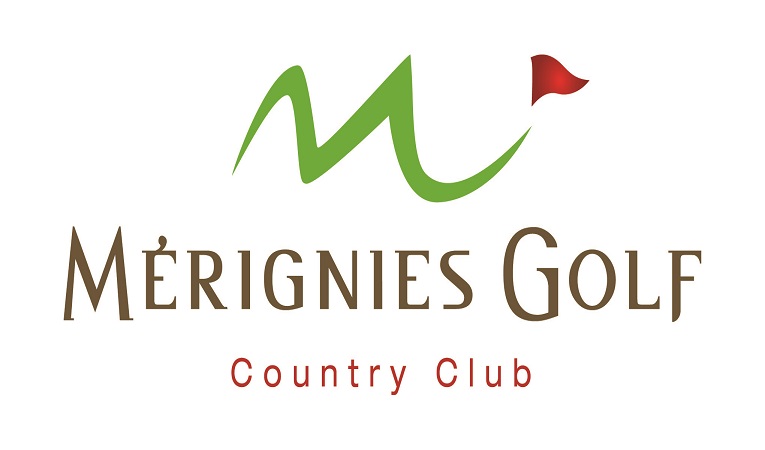Mérignies Golf (115 hectares), located in the Hauts-de-France region, has been committed for several years to protecting and enhancing biodiversity. Awarded the Silver Label under the Golf for Biodiversity program (led by the French Golf Federation, the National Museum of Natural History, and the INPN), the club has carried out ecological assessments, implemented ecological infrastructures, created wildlife habitats, and raised awareness among both its staff and local residents.



Context
Objectives
-
Better understand the species present on the site to guide conservation efforts.
-
Promote habitats that support fauna and flora while reducing harmful maintenance practices.
-
Raise awareness among internal stakeholders (greenkeepers, golf staff) and external ones (residents, visitors) about biodiversity issues.
-
Progress toward achieving the Gold level of the Golf for Biodiversity label.
APPROACH
Mérignies Golf began with a biodiversity assessment in 2018, and a second one in 2023, both conducted by certified naturalists. The 2018 inventory recorded 198 species of flora and fauna, while the 2023 study (by the Cheroutre consultancy) identified 242 species, including 19 of patrimonial interest.
Ecological developments include: the planting of 70,000 trees and shrubs, the creation of 10 hectares of wooded areas, 4 hectares of ponds and wetlands, and 2.5 km of hedgerows.
Other practices include:
-
Differentiated land management: 45 ha (out of 115 ha) are mowed regularly for play areas, while the rest is left in semi-natural evolution, with wild zones and late-mowed roughs.
-
Creation of ecological corridors: deadwood piles, stone mounds, birdhouses, bat shelters, and beehives across the site.
-
Innovative water management: use of a pond fed by course drainage, recovery of roof runoff, treated wastewater from a nearby factory, and a drain network redirecting rainwater into ponds. No water is drawn from public networks or natural environments.
The club also trains its greenkeepers in nature-friendly practices, organizes nature walks for the public, and raises awareness among residents (letters, adapted lighting, no fencing, etc.) to emphasize the importance of ecological continuity.
CONTRIBUTION TO COMPANY PERFORMANCE
-
Biodiversity assessments provide concrete data to guide actions and optimize resource use (water, mowing, maintenance).
-
Natural areas and preserved zones can reduce maintenance costs (less mowing, fewer phytosanitary products).
-
The Silver Label certification, and the goal of reaching Gold, offer opportunities for recognition, partnerships, and institutional support.
Benefits
-
Environmental: increased biodiversity (including protected species), creation of varied habitats, improved water management, and reduced environmental impact from maintenance practices.
-
Social: employee engagement through training, awareness among visitors and residents, and strengthened ties between the golf club and the local community through open events and transparency.
-
Governance: data-driven management based on independent assessments, compliance with recognized biodiversity standards, and continuous improvement of practices.
- Country
- France


